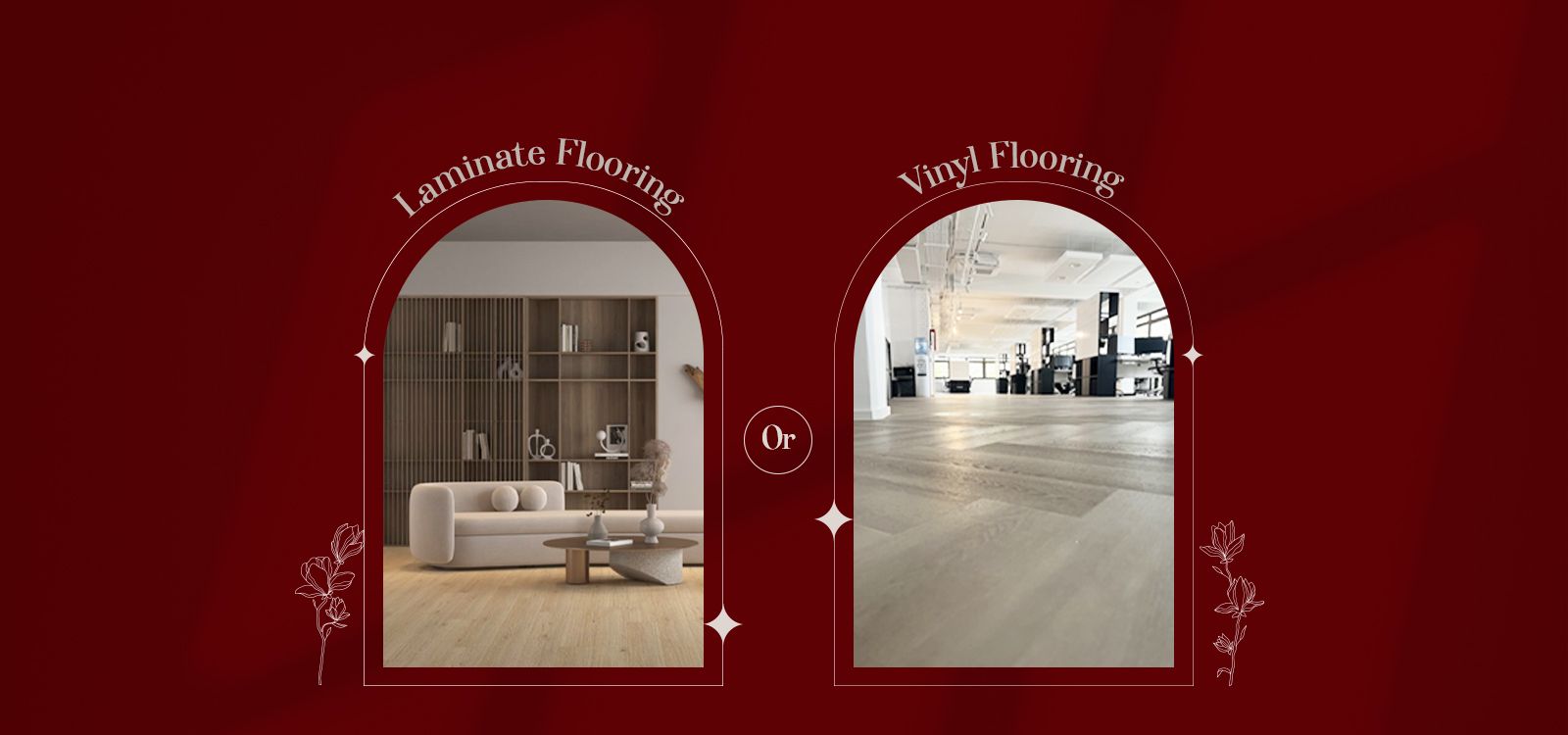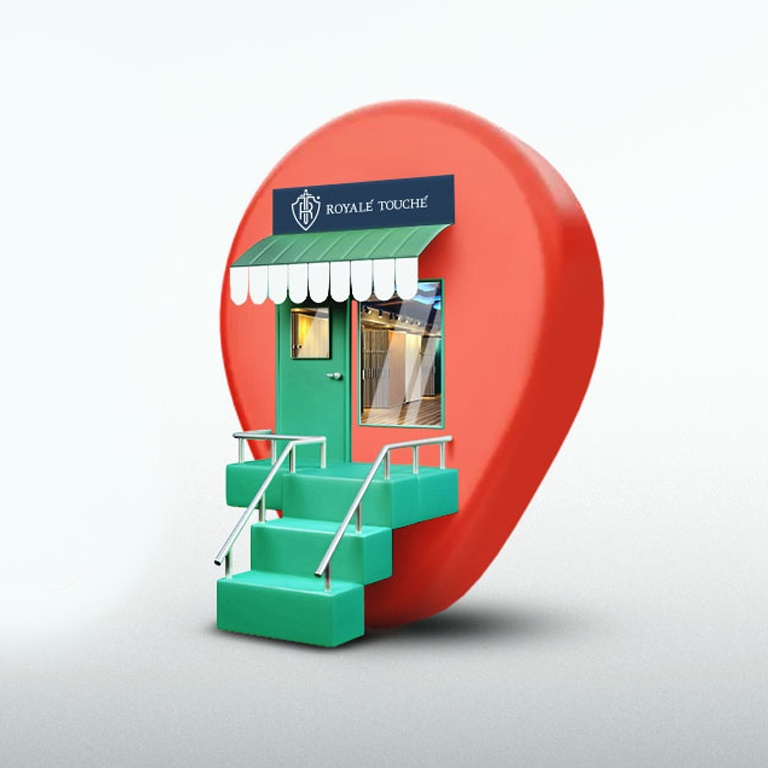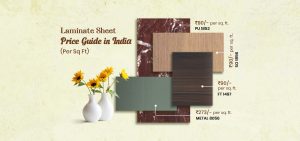
Vinyl vs Laminate Flooring: What is difference
When choosing the right flooring for your home, the decision can be overwhelming. Two popular options homeowners often debate are vinyl and laminate flooring. Both provide affordable, durable solutions, but they each come with their own set of pros and cons. Understanding the key differences between these two flooring types can help you make an informed decision based on your needs, style preferences, and budget.
1. Material Composition
The most important difference between vinyl and laminate flooring lies in their material composition.
- Vinyl Flooring: Vinyl is made primarily from synthetic materials like PVC (polyvinyl chloride), along with other additives for flexibility and durability. It is available in two main types: sheet vinyl and luxury vinyl plank (LVP). LVP is designed to mimic natural wood, stone, or tile, providing a realistic look with high durability.
- Laminate Flooring: Laminate is made from compressed fiberboard (often MDF or HDF) with a photographic layer on top that simulates the look of natural materials like wood, stone, or tile. The top layer is covered with a hard, clear resin to protect against scratches and damage.
2. Installation
While vinyl laminate vs laminate flooring is a debate that may be difficult to win, they are both are relatively easy to install, but they do have different installation methods.
- Vinyl Flooring: Vinyl is often available in click-lock or glue-down installation styles. The click-lock option is particularly user-friendly, as the planks click into place without needing glue or nails, making it ideal for DIY projects. For sheet vinyl, installation typically requires professional help, as it involves cutting and gluing large sheets.
- Laminate Flooring: Laminate also uses a click-lock installation system, making it a popular choice for DIYers. It can be installed over existing flooring without the need for nails or glue, and it doesn’t require professional tools.
3. Durability and Maintenance
Both flooring types are highly durable but differ slightly in how they wear over time.
- Vinyl Flooring: Vinyl is known for its moisture resistance, making it an excellent choice for bathrooms, kitchens, and basements. Luxury vinyl is also more resistant to dents and scratches compared to laminate. Regular cleaning involves sweeping and mopping, with occasional resealing required for certain types of vinyl flooring to maintain its waterproof capabilities.
- Laminate Flooring: Laminate is resistant to scratches, stains, and fading, making it suitable for high-traffic areas. However, it is less water-resistant than vinyl, and excessive moisture can cause the laminate to warp or swell. Like vinyl, laminate is easy to clean, but it’s important to avoid excess water during cleaning.
4. Appearance
Both flooring options can mimic the look of more expensive materials, but there are differences in how they replicate natural surfaces.
- Vinyl Flooring: Vinyl, particularly luxury vinyl, offers more realistic designs with textures that closely resemble wood or stone. It’s available in a wider range of styles and patterns, offering flexibility for all kinds of interior design preferences.
- Laminate Flooring: Laminate flooring can also closely mimic wood and stone, but the finish may feel less authentic compared to luxury vinyl. The photographic layer on laminate floors can sometimes appear less detailed, especially if viewed up close.
5. Cost
- Vinyl Flooring: Vinyl vs laminate flooring cost may vary. However, vinyl flooring is generally affordable, though luxury vinyl planks can be on the pricier side. The installation costs for vinyl can also vary depending on the type and complexity of the project, but overall, it remains an economical option for homeowners.
- Laminate Flooring: Laminate flooring is usually less expensive than luxury vinyl. It’s one of the most budget-friendly flooring options available, both in terms of material and installation costs.
Conclusion
Ultimately, both vinyl and laminate flooring offer great value, and the choice comes down to your specific needs. If you’re looking for water-resistant flooring that’s easy to maintain and install, vinyl might be the right choice, particularly for kitchens and bathrooms. On the other hand, if you want a budget-friendly flooring option that mimics wood and offers great durability for high-traffic areas, laminate might be a better fit. Both options have their merits, and your decision should reflect your lifestyle, aesthetic preferences, and the specific demands of your space.











